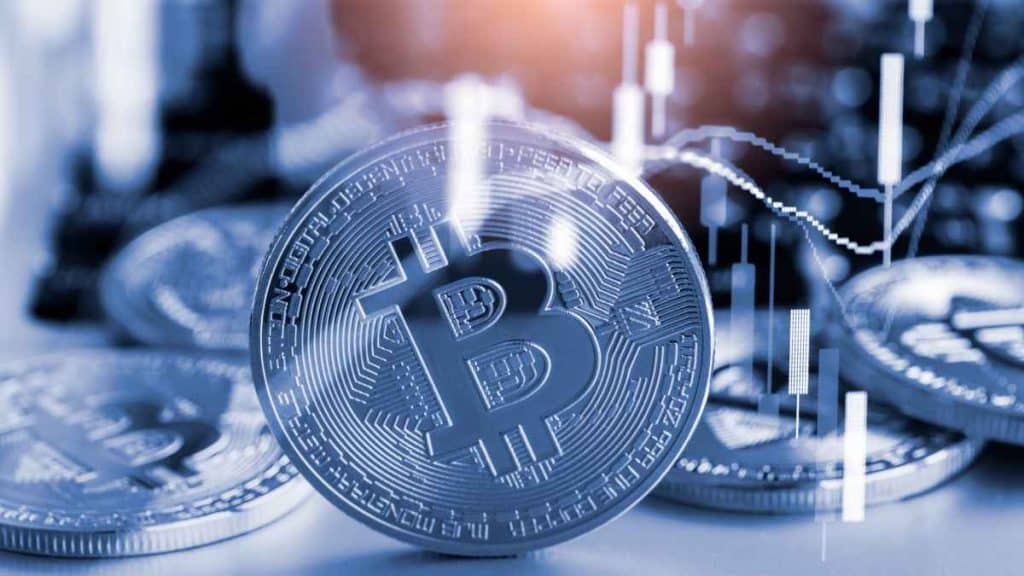Amidst the dynamic intersection of finance and technology, one standout advancement that has garnered global fascination is immediategp.org– an online trading platform. This groundbreaking digital currency, known as a cryptocurrency, has ignited profound discussions about its implications for wealth inequality. While some laud Bitcoin as a potential instrument for leveling the distribution of wealth, skeptics contend that it could further widen existing gaps. This article provides an in-depth exploration of these contrasting viewpoints, shedding light on how Bitcoin’s distinctive attributes might shape the landscape of economic disparity.
Understanding Bitcoin: A Brief Overview
Before delving into the discourse on wealth inequality, let us first take a moment to comprehend the essence of Bitcoin and its operational mechanics. In 2009, an enigmatic figure or collective, going by the pseudonym Satoshi Nakamoto, brought forth Bitcoin—an autonomous digital currency. Unlike conventional currencies governed by central authorities, Bitcoin thrives on a groundbreaking technology known as blockchain—an indelible and widely distributed ledger system.
Bitcoin’s Potential for Financial Inclusion
One of the central arguments in favor of Bitcoin is its potential to promote financial inclusion. Across the globe, millions of individuals lack access to traditional banking services. These unbanked populations often face difficulties in participating fully in the economy, saving money securely, and accessing credit. Bitcoin’s decentralized nature allows individuals to have direct control over their funds, enabling cross-border transactions without the need for intermediaries. This can empower people in underserved regions, providing them with access to the global financial system.
Empowering the Unbanked: Fact or Fiction?
While the potential for financial inclusion is promising, it’s essential to acknowledge the challenges that come with utilizing Bitcoin in areas with limited technological infrastructure. The digital divide, characterized by unequal access to technology, remains a barrier. To fully harness the benefits of Bitcoin, individuals need reliable internet connectivity and devices capable of handling digital transactions securely. Without addressing these issues, the empowerment of the unbanked through Bitcoin could remain more aspirational than practical.
Bitcoin and Wealth Distribution: A Complex Relationship
The impact of Bitcoin on wealth distribution is a multifaceted issue. On one hand, early adopters of Bitcoin have seen substantial gains, leading to the creation of a new class of wealthy individuals. However, Bitcoin’s inherent volatility also means that investments can quickly lose value, potentially causing financial setbacks. Additionally, the concentration of Bitcoin ownership is a point of contention. A small number of individuals and organizations hold significant quantities of Bitcoin, raising concerns about the potential for wealth consolidation rather than redistribution.
Cryptocurrency and Speculation
Bitcoin’s price volatility has drawn both investors seeking substantial returns and critics cautioning against speculative behavior. The frenzied nature of cryptocurrency markets can lead to rapid price fluctuations, which may disproportionately affect retail investors. Speculative trading can widen the wealth gap by favoring those with the resources to withstand market turbulence. Addressing this issue requires a combination of investor education and regulatory measures to mitigate risks associated with speculative trading.
Environmental Concerns and Social Responsibility
In recent years, another dimension has been added to the debate surrounding Bitcoin: its environmental impact. The energy-intensive process of Bitcoin mining, necessary for validating transactions on the blockchain, has raised concerns about its carbon footprint. Critics argue that the environmental cost of Bitcoin contradicts its potential to create a more sustainable and equitable financial system. As the world grapples with climate change, it becomes essential to consider how technological innovations like Bitcoin align with broader environmental and social goals.
Balancing Innovation and Equity
The question of whether Bitcoin contributes to equalizing or widening wealth inequality lacks a straightforward answer. The technology’s potential to empower the unbanked, facilitate cross-border transactions, and offer financial autonomy is undeniable. However, these benefits must be weighed against the challenges of access, volatility, and concentration of ownership. To harness the positive aspects of Bitcoin while mitigating potential negative outcomes, policymakers, industry stakeholders, and communities must collaborate to strike a balance between innovation and equity.
Conclusion
In conclusion, Bitcoin’s role in shaping wealth inequality is a subject of intense debate. Its potential to empower the unbanked and revolutionize financial systems is juxtaposed with concerns about speculative trading, concentration of ownership, and environmental impact. As we navigate the future of finance, it’s crucial to approach the adoption and regulation of technologies like Bitcoin with careful consideration of their broader societal implications. Whether Bitcoin contributes to equalizing or widening wealth inequality hinges on our ability to address challenges and leverage opportunities for the betterment of all individuals, regardless of their socioeconomic status.

